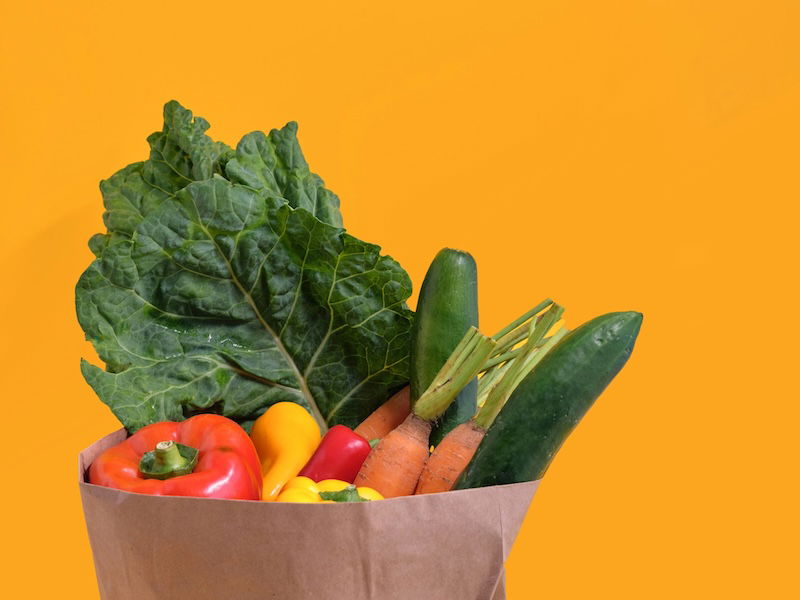A new study has shown that eating more fruits and vegetables can help lower blood pressure and improve both heart and kidney health. This is especially beneficial for people who already have high blood pressure. The findings were recently published, shedding light on an important approach to managing these common health conditions.
High blood pressure is a major cause of heart disease and kidney failure. It is even more dangerous for people who already have kidney problems. Many individuals take medicine to control high blood pressure, yet the number of people suffering from heart and kidney issues continues to rise. For those with chronic kidney disease, heart disease remains the leading cause of death.
Doctors have long known that healthy eating can help lower blood pressure. One popular dietary plan is the DASH diet, which stands for Dietary Approaches to Stop Hypertension. This diet emphasizes consuming plenty of fruits, vegetables, and other whole foods. Several studies have shown that the DASH diet can not only lower blood pressure but also reduce the risk of heart problems.
However, despite its benefits, the DASH diet isn’t recommended often enough, and many people find it challenging to follow consistently. This new study adds strong evidence that simply eating more fruits and vegetables can provide significant health advantages.
The study was led by Dr. Donald E. Wesson, a kidney specialist from The University of Texas at Austin. Dr. Wesson has spent years researching how the kidneys remove acid from the body. He found that consuming too many acid-producing foods like meat and cheese can strain the kidneys. On the other hand, fruits and vegetables help reduce acid in the body, which protects kidney function. These foods are also beneficial for heart health.
To test this theory, Dr. Wesson and his team conducted a five-year study involving 153 people who had both high blood pressure and chronic kidney disease. The participants were divided into three groups:
– The first group ate 2 to 4 cups of fruits and vegetables daily alongside their regular meals.
– The second group took sodium bicarbonate tablets (similar to baking soda) to help reduce acid levels in the body.
– The third group continued with standard medical care without any dietary changes or supplements.
The results were impressive. Both the fruits and vegetables group and the baking soda group showed improved kidney health. However, only the group that increased their fruit and vegetable intake also experienced lower blood pressure and a reduced risk of heart disease. Additionally, they required smaller doses of blood pressure medication compared to the other groups.
Dr. Maninder Kahlon, another researcher involved in the study, highlighted that while both the dietary changes and sodium bicarbonate helped the kidneys, only fruits and vegetables provided heart benefits as well. Based on these findings, the researchers recommend that increasing fruit and vegetable consumption should be the first step in treating high blood pressure—before adding medication.
Dr. Wesson acknowledged that changing one’s diet can be difficult. Nevertheless, he believes these adjustments can make a significant difference in long-term health. He encouraged doctors to support patients in accessing healthy foods and to emphasize the importance of diet in managing high blood pressure.
The study also recommended that people with high blood pressure ask their doctors about a simple test called the urine albumin-to-creatinine ratio (UACR). This test can detect early signs of kidney problems, which often go hand-in-hand with heart disease.
In short, this study shows that food can be powerful medicine. By simply increasing your intake of fruits and vegetables, you could lower your blood pressure, protect your kidneys, and avoid serious heart problems—without needing additional pills.
If you are concerned about blood pressure, consider exploring further research on why measuring blood pressure while lying down is important and how lowering your top blood pressure number to less than 120 mm Hg can effectively prevent heart disease.
For more information on managing blood pressure, check out studies showing that turmeric and vitamin D may improve blood pressure control in people with type 2 diabetes. Additionally, recent scientific findings have uncovered a link between blood pressure medications and bowel diseases.
Taking control of your diet and health today could lead to a healthier tomorrow.
https://knowridge.com/2025/10/these-food-could-be-the-best-medicine-for-high-blood-pressure/
